Food is more than mere sustenance. It's a vessel of livelihood, a canvas of culture and a pillar of community resilience. And in much of the world, it’s smallholder farmers who champion the voyage from seed to supper.
Through the visual narratives below, we aim to spotlight the hard work and dedication of those who tirelessly nurture the land, sowing hope and promoting a more sustainable tomorrow with each step involved in moving food from farm to table.
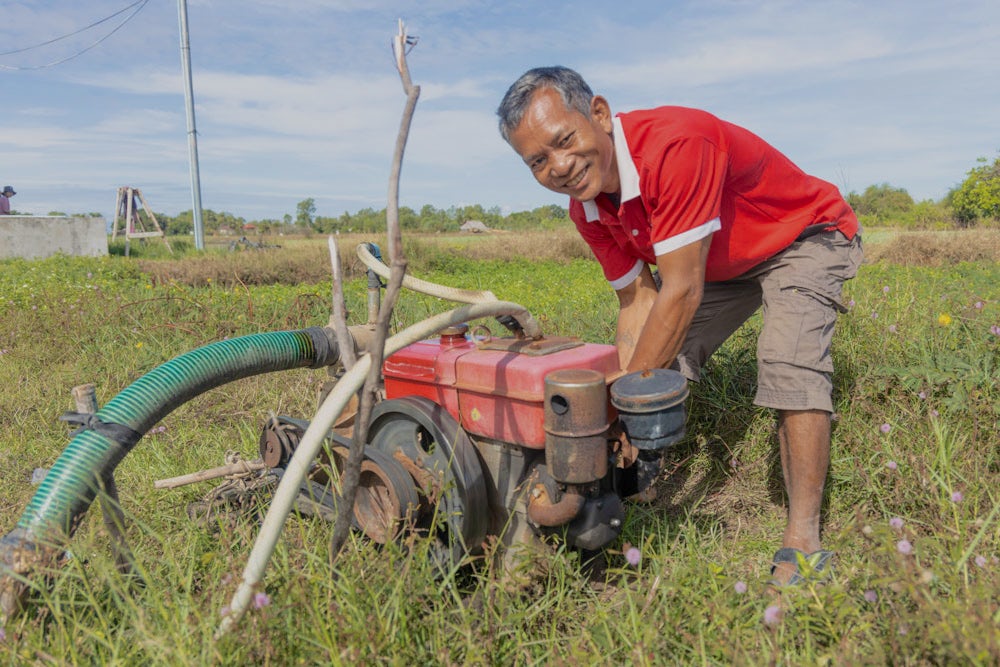
In Cambodia, Sun Sythol meticulously tends to his green onion fields. Before Heifer's intervention, Sun grappled with manually irrigating his crops using two watering cans, which required 200-300 laborious trips daily to ensure proper hydration of his plantings. Now, with the introduction of a water pump, this labor-intensive chore has been transformed into a more manageable task, freeing him to concentrate on other vital farming activities.
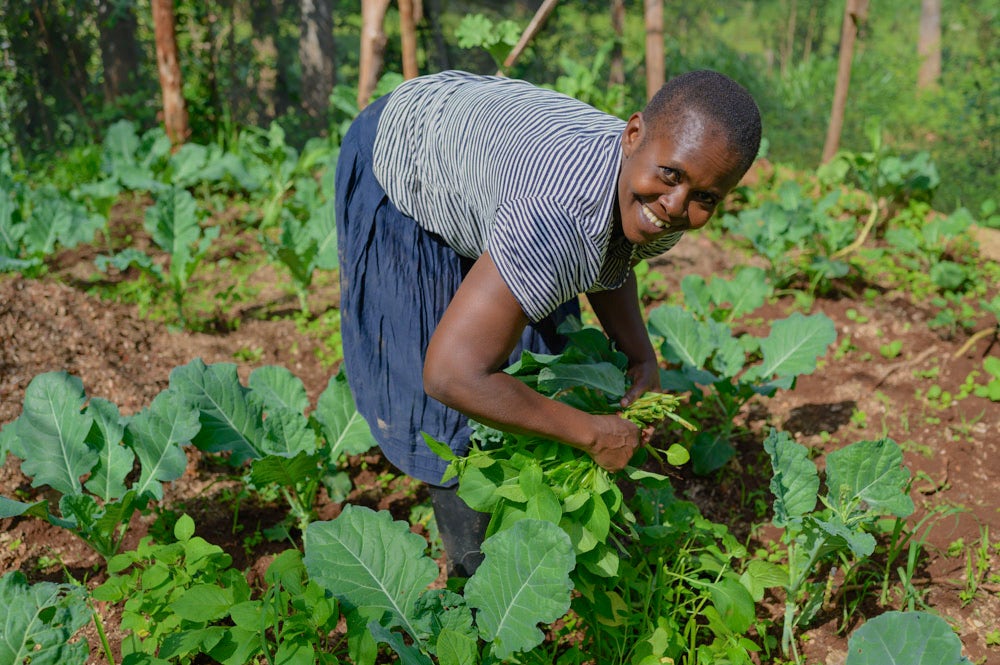
Christine Okode, a dedicated gardener and poultry farmer from Kisumu, Kenya, ensures her produce is gathered at the peak of its freshness when the leaves are green and crisp. She takes particular joy in harvesting collards, tomatoes and sukumawiki, a cherished leafy green vegetable in East Africa, alongside a variety of fruits like bananas, mangoes, avocados and pawpaw. Each yield unveils a vibrant blend of colors — a delectable bounty of nature ready to be shared and savored.
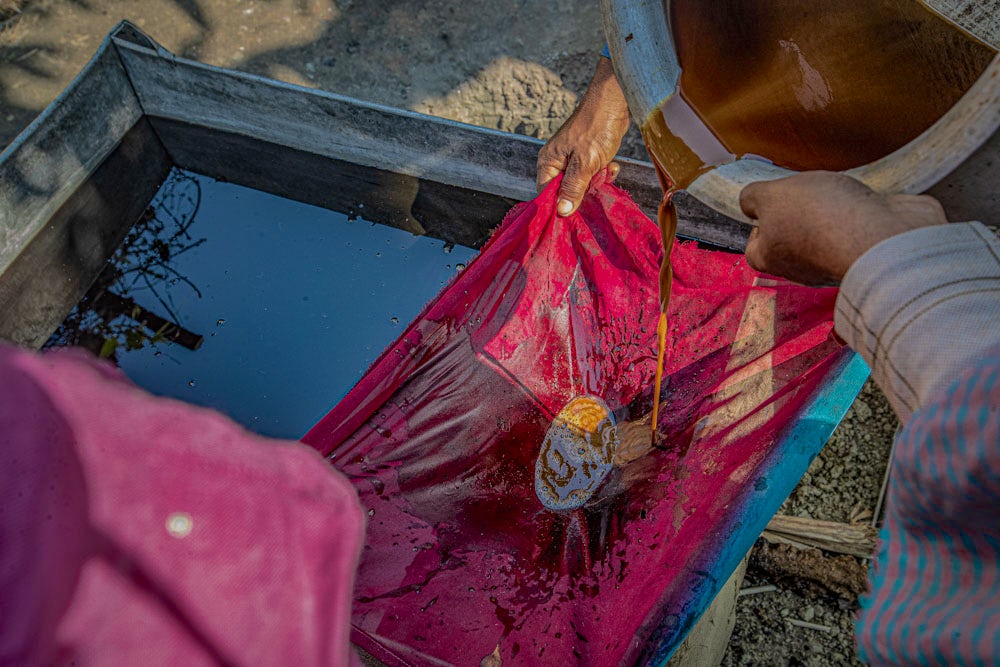
The art of converting raw materials into higher-value products finds a sweet expression in Bangladesh's Natore district, where Mahfuza Aktar and Abdus Salam prepare date jaggery by sieving fresh date juice through a muslin cloth. Date jaggery is a common sweetener prevalent in South Asia, made by boiling down date juice into a dense, sugary substance. After processing, the jaggery is purchased, packed and sold by the Amra Shadin Women’s Cooperative, elevating the value of locally grown dates and offering smallholder farmers a pathway to better income.
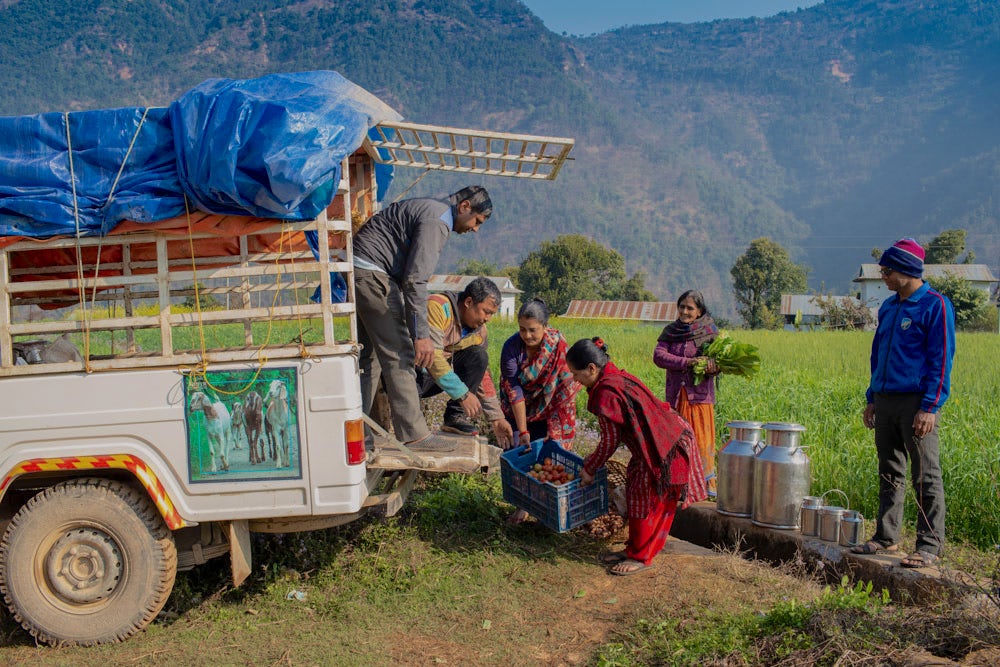
In Palpa district, Nepal, farmers face significant obstacles in reaching customers due to rugged terrain and inadequate infrastructure. Nevertheless, agricultural cooperatives have introduced agri-transport vehicles to bring about considerable changes. These trucks streamline the transportation of farmers' vegetables to markets, overcoming challenges on the ground to ensure timely delivery while helping farmers secure fair prices for their perishable goods.
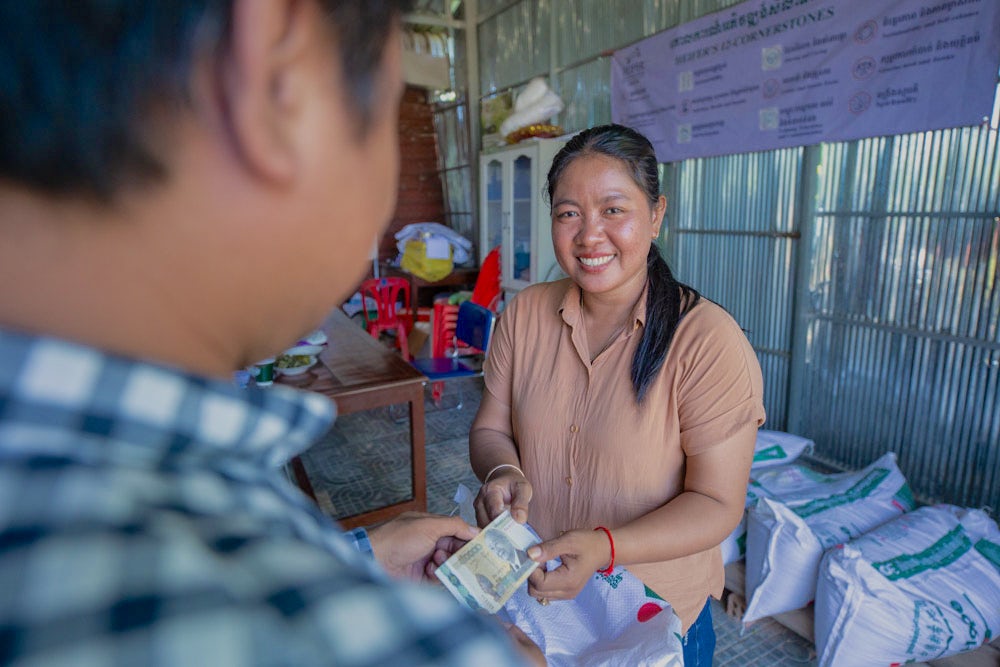
With Heifer’s guidance, Set Hach evolved from an ordinary farmer to the esteemed chairwoman of the Sattrey Phuokphal Meanchey Agricultural Cooperative in Siem Reap, Cambodia. Through comprehensive training and access to resources such as financial loans, Set now operates a farm supply store where she offers a range of products, including medicine and animal feed, and orchestrates the sale of the cooperative's chickens to nearby buyers. By doing so, Set showcases the core market interactions through which farmers and consumers connect and contribute to a more robust local economy.
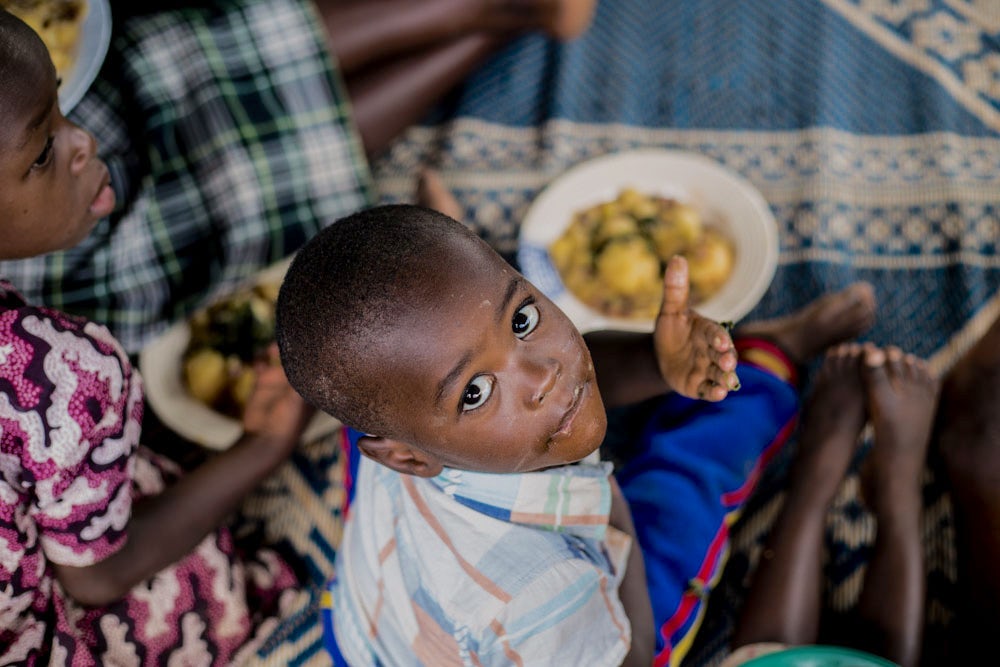
Locally sourced meals nourish children at the Abakundinka Community Kitchen in Rwanda, marking a wholesome finale to food's journey from farm to plate. Created by the Heifer-supported Abakundinka Livestock Farmer Field School group, this initiative reflects the profound impact farmers have on community nourishment. As mothers and children gather, each shared meal fosters unity and a common goal, propelling the community toward a food-secure future.
